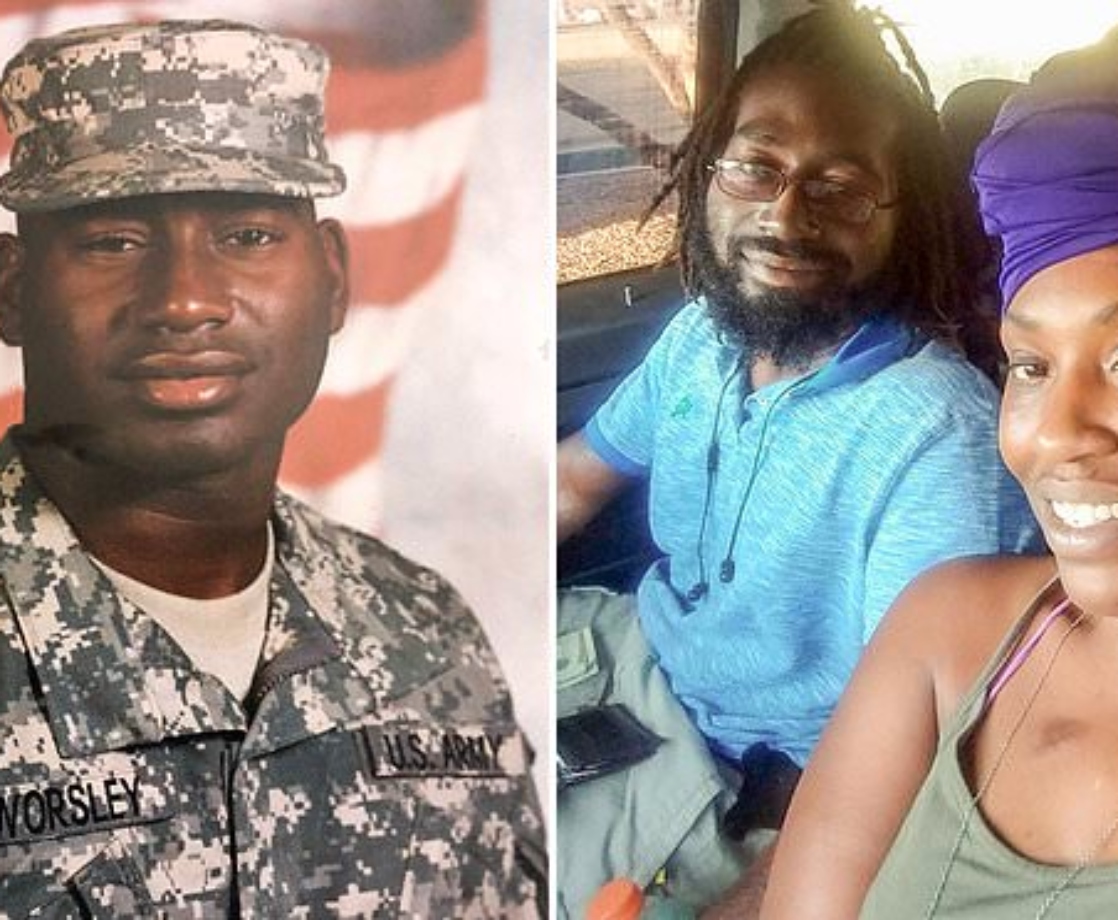Last week, the Alabama Board of Pardons and Paroles allowed a disabled black veteran who was serving time for possessing medical marijuana to walk free from prison.
In August 2016, Sean Worsley, a 33-year-old veteran who earned a Purple Heart in the Iraq War, stopped at an Alabama gas station while driving to North Carolina to help his grandmother relocate after a hurricane. At the station, police asked Worsley and his wife to turn down their car stereo, and although they complied, the cops searched their car. Inside, they found a prescription bottle filled with medical marijuana.
Worsley had legally purchased the medical marijuana in his home state of Arizona on the recommendation of a physician. The veteran was legally using this medicine to treat a traumatic brain injury he had sustained during the war, in addition to symptoms of PTSD brought on by the conflict. But although he had obtained his medicine legally at home, medical cannabis is still very illegal in Alabama.
Cops arrested Worsley for weed possession, and a judge sentenced him to five years of probation and mandatory drug rehabilitation. The Veterans’ Affairs drug treatment program declined to accept Worsley, however, because he did not actually have a drug problem. But because the veteran never ended up participating in the unnecessary rehab program, Alabama revoked his probation and declared him a fugitive from justice.
Worsley ran into trouble with the law again at home, where he was busted for possessing weed with an expired medical marijuana ID card. The Arizona authorities extradited him back to Alabama, where a judge ordered him to serve a five-year prison sentence. Worsley’s wife Eboni set up a GoFundMe page to help raise funds and awareness to help get him out of jail, and eventually raised over $100,000.
After eight months of hard work, the campaign paid off. Last Wednesday, Alabama authorities agreed to release Worsley on parole. “We’re grateful to be able to pick up the pieces and begin rebuilding our lives once Sean is released,” said Eboni Worsley in a statement reported by the Alabama Political Reporter.
“The case of Sean Worsley deals with a convergence of several issues,” said State Rep. Neil Rafferty, who helped campaign for Worsley’s release. “It deals with Alabama’s harmful marijuana laws, particularly concerning medical marijuana. It deals with our country’s misunderstanding and treatment of veterans returning home and transitioning to civilian life. And it deals with excessive policing – that put suspicion on a man doing nothing more than listening to the radio and playing air guitar to his wife.”
“While the news of Sean’s parole is welcomed and to be celebrated, it only serves to highlight the legislative chamber’s duty to make right these wrongs and allow our criminal justice system to focus on crimes that actually endanger community safety,” Rafferty told the Alabama Political Reporter.











